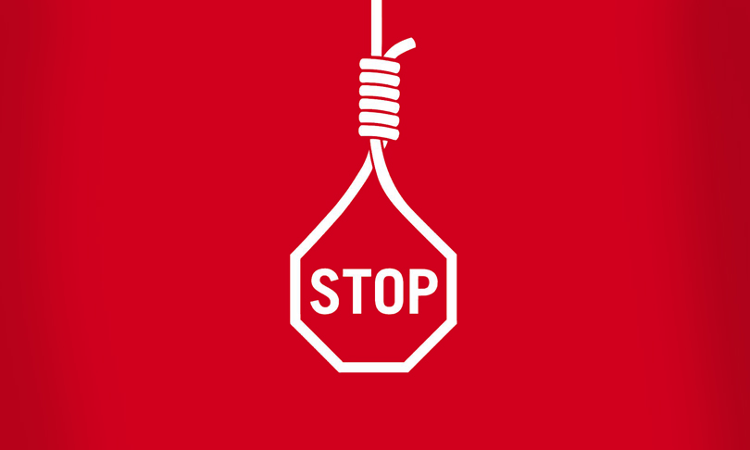The Malawi Supreme Court of Appeal has declared that the death penalty is unconstitutional."The essence of the right to life is life itself-the sanctity of life. The right to life is the mother of all rights. Without the right to life other rights do not exist. The death penalty not only negates, it abolishes the right.", the Court (8:1) observed in its judgment.The court observed thus...

